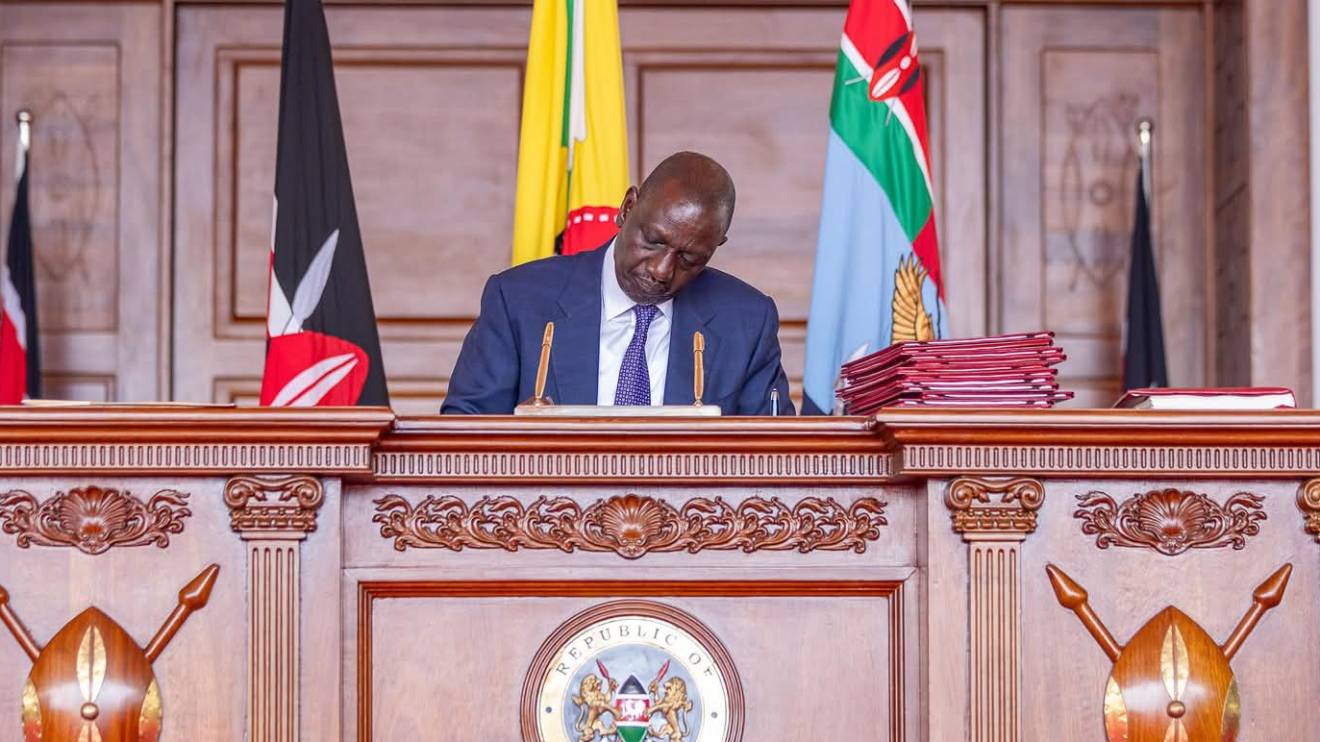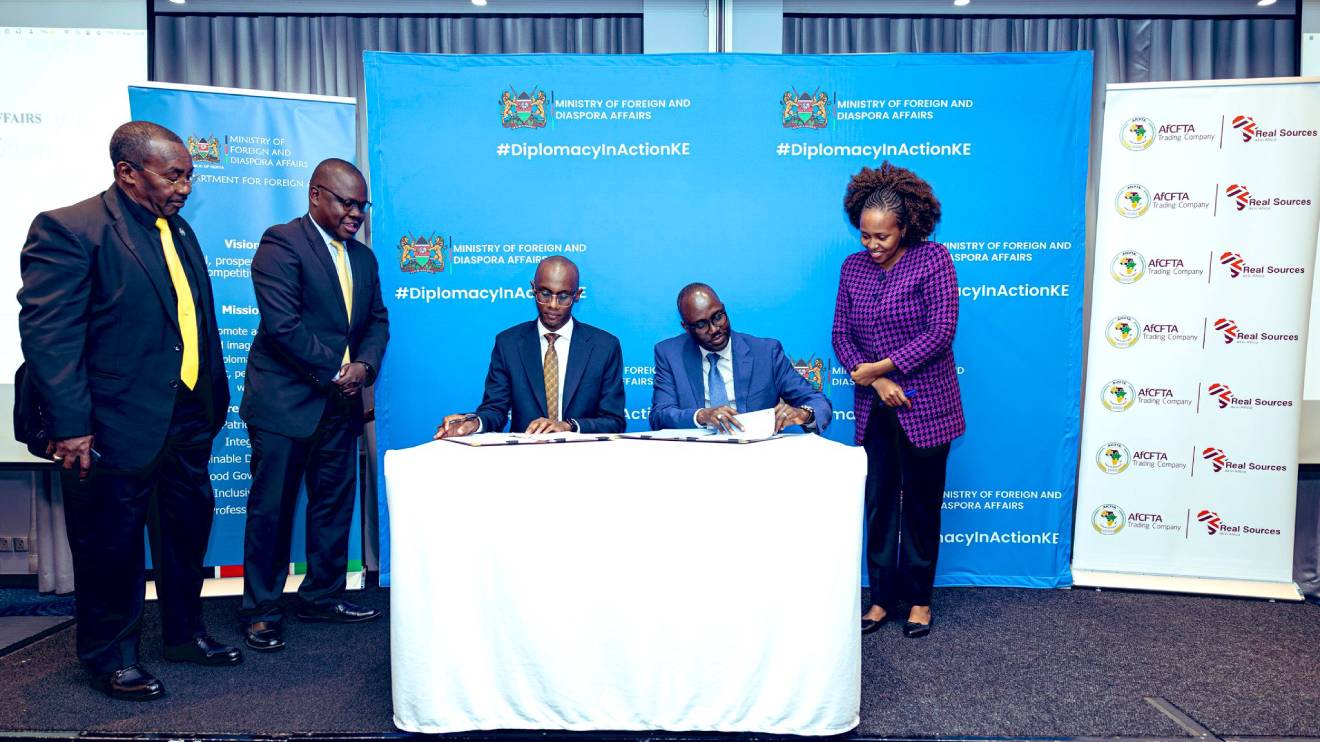As the world marks the day against the death penalty, the International Commission of Jurists (ICJ) has urged the Kenyan government to abolish the death penalty and observe the law on death sentences and executions.
Through its chairperson of Kenyan Chapter Kelvin Mogeni, he has pointed out that the government was yet to implement a report by a task force formed in 2018 to revisit the legislative framework on the death penalty and other related issues.
“Four years on there has not been significant policy and legislative progress made towards not only implementation of the task force report findings but also formalizing the State’s commitment to abolish the death penalty,” Mogeni said.
In 2018, former Attorney General Githu Muigai appointed a 13 member task force to task to create a report that will deal with the re-hearing of the sentencing of the person on the death row among other issues.
In their report, they found out that Kenya’s criminal justice system is defective, leading to an increased number of poor or vulnerable people being handed the death penalty.
Read More
Chaired by the Secretary of Justice and Constitutional Affairs, Maryann Njau also recommended re-sentencing of all offenders on death row as at the time of 2017 ruling on the death penalty and all capital offenders whose sentence had been commuted to life imprisonment.
The task force also wanted the death penalty to be scrapped from Kenya’s law books, based on opinions, interviews with death row convicts and the factual reality that they encountered in prisons countrywide.
They urged Parliament to take the bold step of leading Kenya into a more just and humane future by abolishing the death penalty entirely.
In a recent ruling by the Supreme Court in the famous Muruatetu case, a seven-judge bench ruled that the case did not meet the death penalty.
During their sitting, the seven-judge bench consisting of Chief Justice Koome, Deputy CJ Philomena Mwilu, Mohammed Ibrahim, Smokin Wanjala, Njoki Ndung’u, Isaac Lenaola and William Ouko asserted that the decision of Muruatetu only applied to sentences of murder under Section 203 and 204 of the Penal Code.
Therefore, ICJ argues that there have been discrepancies in issuing sentences to convicts of robbery with violence and sexual offences.




-1756319289.jpg)






